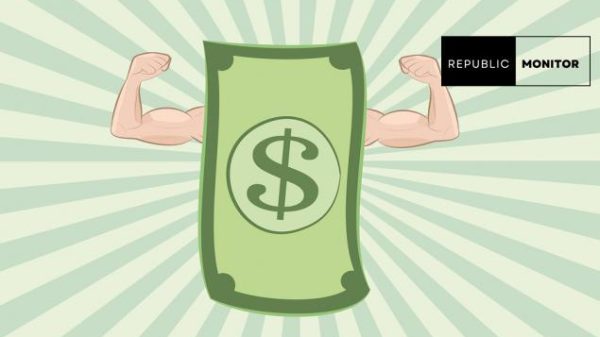In 2022, workers who do not have children may be eligible for a stimulus payment of up to $1,502 and, changes to the Earned Income Tax Credits have resulted in these results, according to MARCA. Some low-income workers may be eligible for tax credits totaling up to $6,000 in 2022. Eligibility for the earned income tax credit, a federal benefit for low-wage earners, is determined by the size of the worker’s family.

In 2022, workers who do not have children may be eligible for a stimulus payment of up to $1,502 and, changes to the Earned Income Tax Credits have resulted in these results, according to MARCA. Some low-income workers may be eligible for tax credits totaling up to $6,000 in 2022. Eligibility for the earned income tax credit, a federal benefit for low-wage earners, is determined by the size of the worker’s family. (Photo: The Guardian)
The Earned Income Tax Credit Or Earned Income Credit
Even though the EITC or Earned Income Tax Credit has been around since 1975, this is the largest amount that has ever been available to childless workers. There has been a temporary increase in the maximum amount that qualifying individuals can receive under this year’s American Rescue Plan Act of 2021.
The 1,502 dollar EITC payment is for childless workers, with this new limit far exceeding the previous maximum of 543 dollars for childless workers. By 2021, this new system has temporarily raised the credit’s phase-in rate from 7.65 percent to 15.3 percent, while also raising the credit’s cutoff point from $8,880 to $11,610.
Read Also: Federal Reserve Stimulus Checks To Be Given Only Until March

Even though the EITC or Earned Income Tax Credit has been around since 1975, this is the largest amount that has ever been available to childless workers. There has been a temporary increase in the maximum amount that qualifying individuals can receive under this year’s American Rescue Plan Act of 2021. (Photo: Council on Foreign Relations)
Eligible Recipients
According to Investopedia, all eligible U.S. taxpayers who earn less than $25,000 a year are eligible for the earned income credit (EIC). This refundable tax credit reduces their tax bill dollar-for-dollar by the amount they earn. Refunds are possible for taxpayers whose tax credit exceeds their taxable income. Economic crisis and lockdown in 2020 led to a drop in income for many people, so legislation enacted in 2020 allowed taxpayers to use either their 2019 or 2020 earnings as the basis for claiming the EIC.
Families with children benefit the most from the EITC as per Fingerlakes. A person with two children may be eligible for a 40 percent tax credit. Until they earn $42,000 or more, the maximum is $5,890. As a result of the American Rescue Act, low-income workers without children can now earn as much as $1,502 per month. Taxpayers are entitled to the credit’s remaining value, which is refundable.
Read Related Article: IRS Announces Deadline For Plus-Up Payment, Here’s How To Process Your Claim















